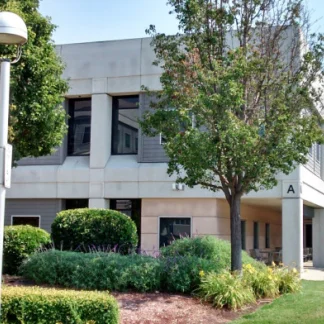Family Paths
Family Paths, located in Hayward, California, offers behavioral health care serv...
Kaiser Permanente- Chemical Dependency is a private rehab located in Union City, California that specializes in the treatment of alcoholism, dual diagnosis, opioid addiction, and substance abuse.
Kaiser Permanente- Chemical Dependency offers inpatient and outpatient treatment.
Inpatient treatment is for those who need mental and physical stabilization. This is a highly structured and monitored style of treatment that often incorporates detoxification into the process. Once stabilization has been achieved, counseling, educational classes, and behavioral approaches to treatment can begin. Common elements of inpatient include individual therapy, group therapy, and at times medication or trauma-informed counseling.
Outpatient treatment programming is a more flexible approach to addiction treatment that is a step down from partial hospitalization programs and intensive outpatient programs. This service provides continued support for addiction recovery through individual therapy, group therapy, and educational classes on addiction and recovery. Medications may be managed and for those in need, trauma support may also be offered. The goal is to continue to move toward a life of recovery and a suitable aftercare treatment plan that allows for reintegration back into society.
Contact us for more information: (510) 675-2377

Connect with Kaiser Permanente - Chemical Dependency by calling their admissions team directly.
(510) 675-2377 Website Get DirectionsGroup therapy is any therapeutic work that happens in a group (not one-on-one). There are a number of different group therapy modalities, including support groups, experiential therapy, psycho-education, and more. Group therapy involves treatment as well as processing interaction between group members.
Family Paths, located in Hayward, California, offers behavioral health care serv...
Second Chance Women’s Phoenix Program, located in Newark, California, offers dua...
Terra Firma Diversion - Educational Services, located in Hayward, California, is...
AA - Alcoholics Anonymous, with meeting locations in Newark, California, offers ...